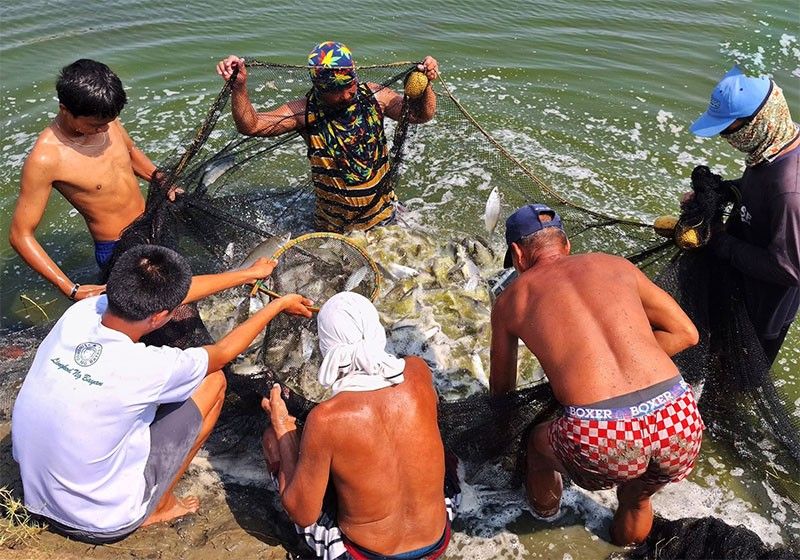
Upgrade to High-Speed Internet for only ₱1499/month!
Enjoy up to 100 Mbps fiber broadband, perfect for browsing, streaming, and gaming.
Visit Suniway.ph to learn
Ghio Ong - The Philippine Star
July 6, 2025 | 12:00am
The agency “is looking to expand sources of pork and poultry, with diseases like African swine fever still limiting local supply,” the DA said in a statement on Friday.
STAR / File
MANILA, Philippines — The Department of Agriculture (DA) would work on bringing down future inflation levels on food, particularly fish, pork and chicken.
The agency “is looking to expand sources of pork and poultry, with diseases like African swine fever still limiting local supply,” the DA said in a statement on Friday.
The agency is also looking to introduce a maximum suggested retail price for imported pork products starting August as well as a maximum SRP for imported poultry products starting September.
Agriculture Secretary Francisco Tiu Laurel Jr. has urged fish importers to bring in affordable species that are not caught locally to provide consumers more choices amid price volatility.
The DA came up with the said proposals following the latest report by the Philippine Statistics Authority that showed headline inflation climbed to 1.4 percent in June from 1.3 percent in May.
The DA noted “among the top five contributors to the 1.4 inflation in June are the elevated prices of pork and chicken, up by 13 percent and 10.4 percent, respectively, which together added 0.4 percentage point to the inflation rate.”
Tiu Laurel declared the relatively low headline inflation for June at 1.4 percent could have been a product of government interventions, particularly on rice after the DA started the rollout of the P20 per kilo rice program for marginalized sectors.
“The good news is our rice initiatives are working, easing food costs for millions of Filipinos, especially the financially-challenged. But the data also tell us we need to move quickly to address supply gaps in pork, chicken and fish,” he said.

 9 hours ago
2
9 hours ago
2



